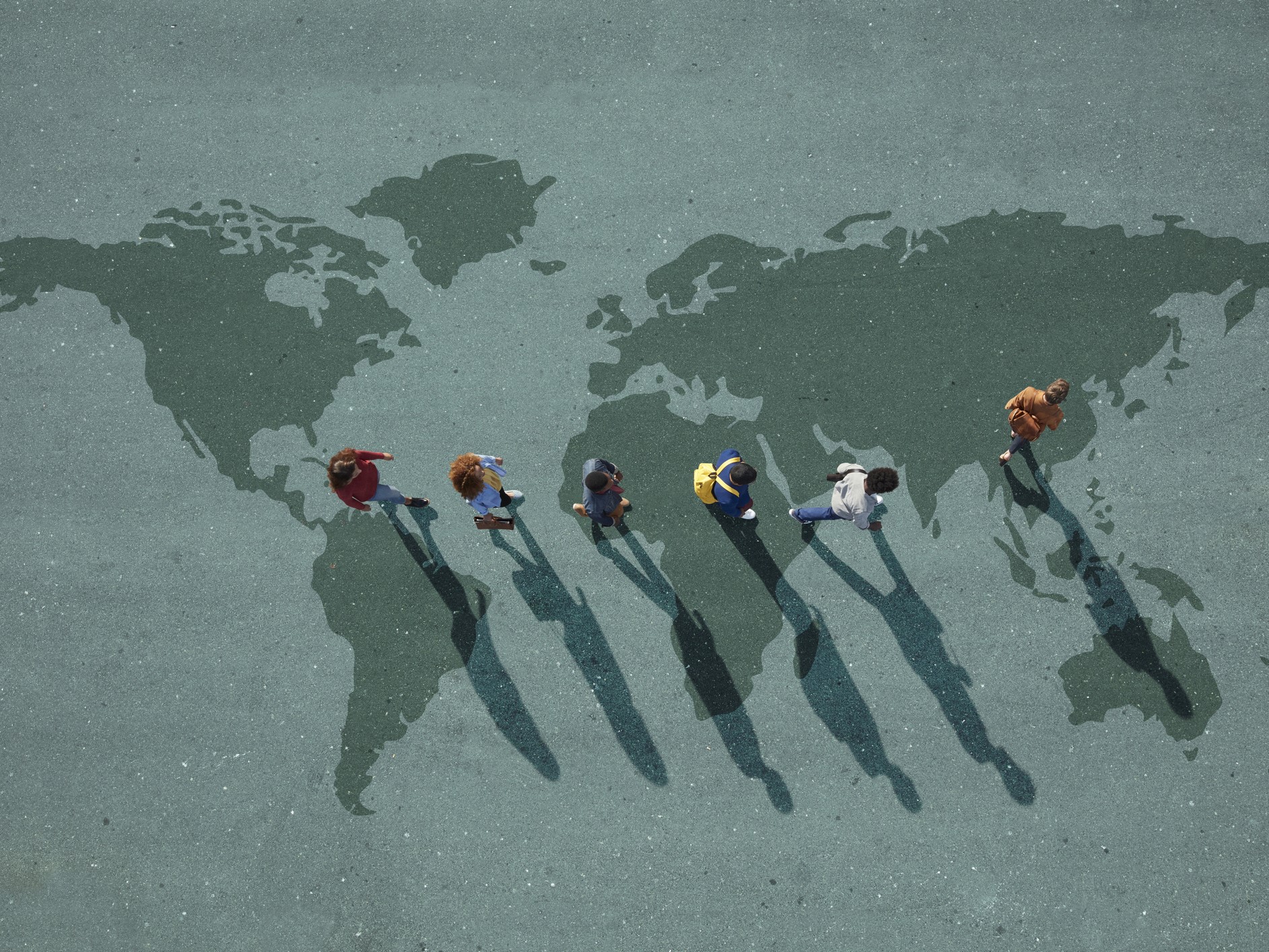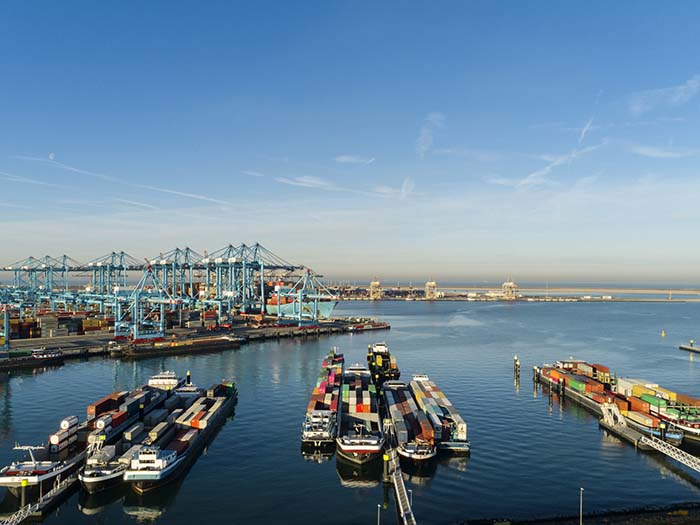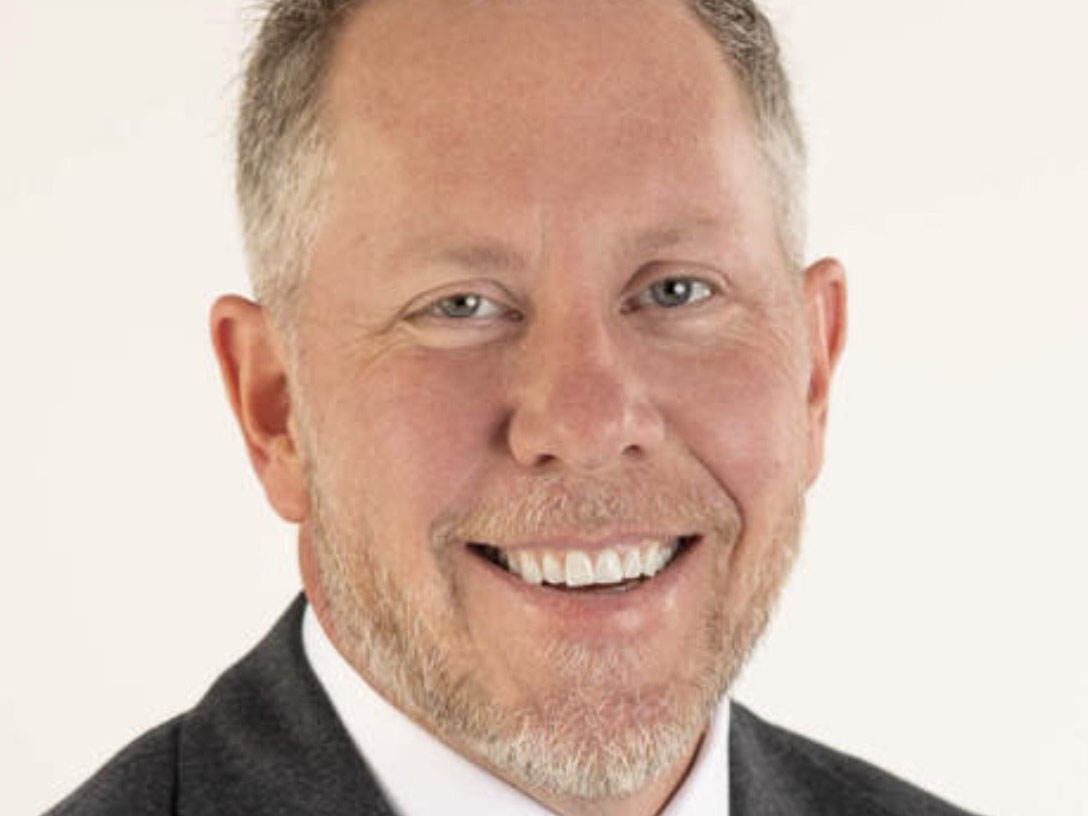If COVID-19 Didn’t Teach You These Resiliency Lessons, You Better Start Learning Them
Are you socially distanced, self-quarantined, and seeking a distraction from the horrendous events of the year 2020?
I find myself reflecting upon lessons from the past and how they may help us prepare for the future.
Back in the 1990s, people in Connecticut were struggling with an economic recession. They were waiting for a rebirth of the manufacturing might of Hartford, New Britain, Waterbury, and the Interstate 95 coastal corridor: the home territories of General Electric, General Dynamics, Otis Elevator, Carrier Refrigeration, Sikorsky Aircraft, Pratt and Whitney Engines, and more.
At our university, the business school was equipped to give students the skills needed to continue a long tradition started when Stanley Corp. made hammers, screwdrivers, and other tools in local factories and New Britain was proudly nicknamed “The Hardware City.”
Still, we were puzzled as to why Connecticut was lagging far behind other states in its economic recovery.
Today we know the problem. It’s what risk managers call “a lack of resiliency” — the capacity to recover quickly from difficulties; also, toughness in the face of challenge.
Connecticut was not creating enough jobs for its residents by relying so heavily on manufacturing. The personal computer, the nascent Internet, and leaps and bounds in technology were replacing manufacturing tasks on every side.
Finally, better late than never, Connecticut woke up. The big corporations, government agencies, local businesses, health care entities, and colleges and universities joined in a common effort to build a new business model.
What is the risk management challenge as we see a light at the end of the Covid-19 tunnel?
The area from Springfield to New Britain became what would eventually be known as “The Knowledge Corridor.” The workforce of the future was being developed for opportunities in health care, telecommunications, recreation, tourism and gambling, and other areas driven and supported by new technologies.
Everybody took responsibility for their own individual piece of the pie. My university formed partnerships with United Technologies, a local hospital, and Foxwoods Resort and Casino to prepare students for new careers. We reversed a downward enrollment trend working with various communities to bring in students from Russia, China, Germany, Italy, and elsewhere.
The memory about Connecticut is instructive today as we plan for the recovery of our lives and organizations following a disastrous pandemic.
- Good News: Some of us are using new behaviors to eliminate maddening commutes in rush hour traffic.
- Bad News: Many of us lost our jobs and face serious issues with monthly rent or mortgage payments, schooling for our children, or even feeding them.
- Really Bad News: We are likely to emerge from Covid-19 in a starkly different world. Many jobs are not coming back when the pandemic ends.
So what is the risk management challenge as we see a light at the end of the Covid-19 tunnel?
We, individually and organizationally, could ask some questions.
- Do I have the capacity – even better a plan – to deal with the new risks that are surely coming in my world?
- Am I ready to deal with a sudden change in my personal status in the workplace?
- Is my business or employer at risk from disruptions in markets, cyber security breaches, negative impacts of climate change, or sudden turbulence in financial markets?
Or maybe we don’t really care.
Perhaps we should just find other ways to stop worrying about the future.
Time spent streaming Netflix, Amazon Prime, and HBO Max is always worthwhile, particularly when we have a beverage in hand.
We can always share fascinating stories and photos on Facebook, Twitter, and Instagram.
We could even expand our horizons.
Join one or more of the 264 social media sites at: https://en.wikipedia.org/wiki/List_of_social_networking_services
All of our worries about Covid-19 may go away if we spend more time in the company of hundreds of new socially-distanced friends. &










